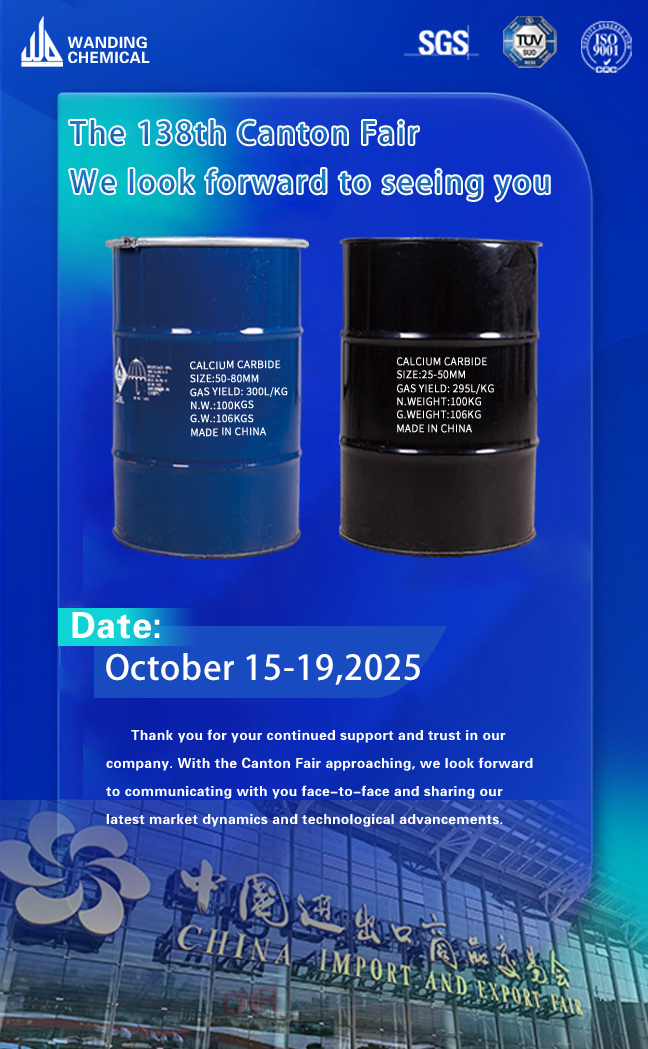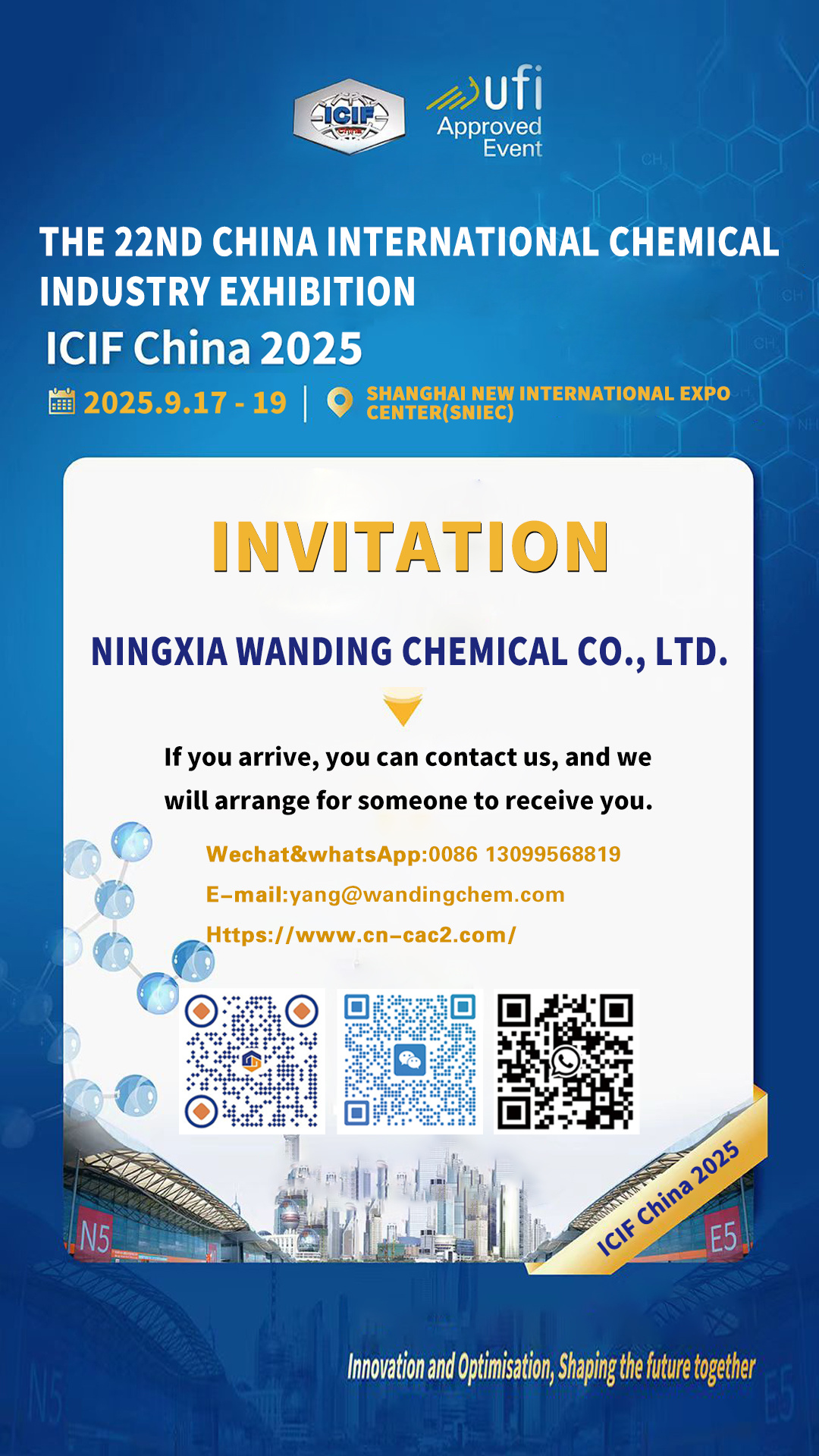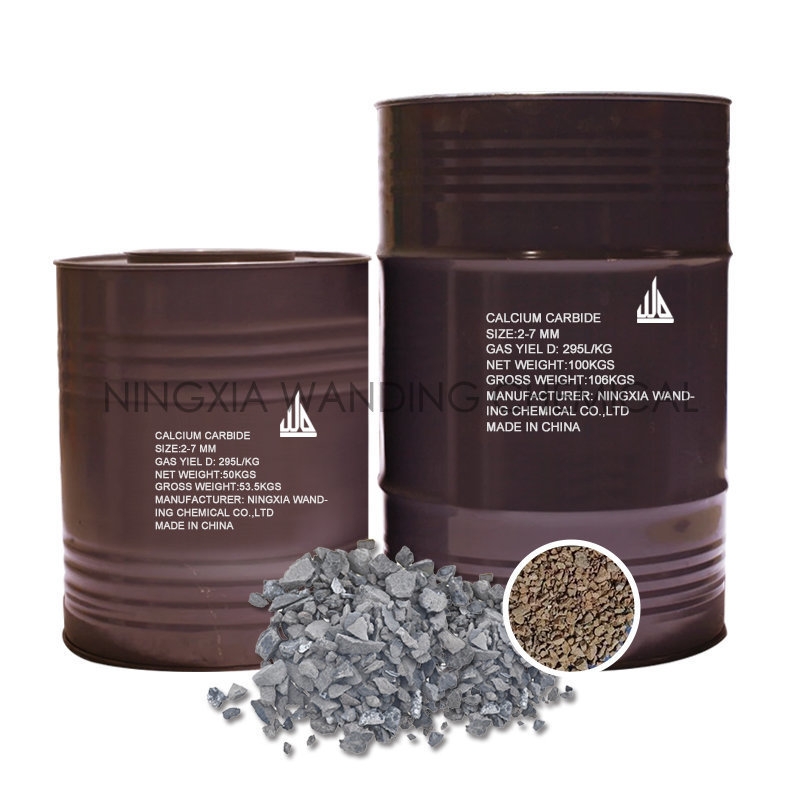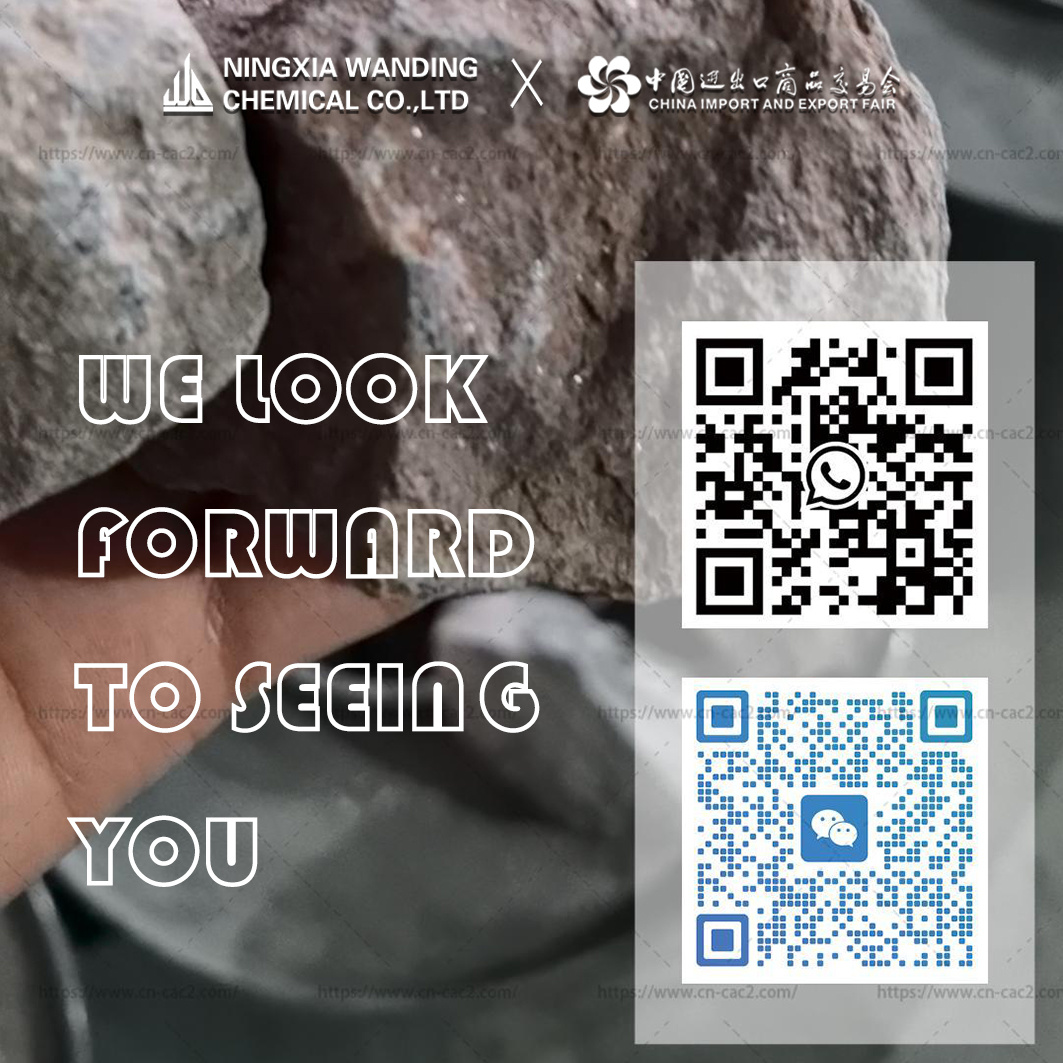How Calcium Carbide 80-120mm Can Enhance Your Metallurgical Processes
Release Time:
2025-02-15
How Calcium Carbide 80-120mm Can Enhance Your Metallurgical Processes Table of Contents 1. Introduction to Calcium Carbide in Metallurgy 2. What is Calcium Carbide? 3. The Importance of Calcium Carbide in Metallurgical Processes 4. Benefits of Using Calcium Carbide 80-120mm 5. Applications of Calcium Carbide in Metallurgy 6. How Calcium Carbide Enhances Production Efficien
How Calcium Carbide 80-120mm Can Enhance Your Metallurgical Processes
Table of Contents
- 1. Introduction to Calcium Carbide in Metallurgy
- 2. What is Calcium Carbide?
- 3. The Importance of Calcium Carbide in Metallurgical Processes
- 4. Benefits of Using Calcium Carbide 80-120mm
- 5. Applications of Calcium Carbide in Metallurgy
- 6. How Calcium Carbide Enhances Production Efficiency
- 7. Safety Considerations When Using Calcium Carbide
- 8. Frequently Asked Questions (FAQs)
- 9. Conclusion
1. Introduction to Calcium Carbide in Metallurgy
Calcium Carbide, a chemical compound with the formula CaC2, is a crucial substance in various metallurgical applications. Its ability to generate acetylene gas when it reacts with water makes it highly valuable in metal production and other manufacturing processes. The specific size of Calcium Carbide, particularly in the 80-120mm range, plays a significant role in its effectiveness and efficiency in metallurgical processes.
2. What is Calcium Carbide?
Calcium Carbide is an inorganic compound that is formed by the reaction of quicklime (calcium oxide) with carbon at high temperatures. It appears as a grayish-black solid and is primarily used to produce acetylene gas, which is essential in various industrial processes, including welding and cutting metals. Additionally, Calcium Carbide is a vital component in the production of calcium cyanamide, a nitrogen fertilizer.
3. The Importance of Calcium Carbide in Metallurgical Processes
In metallurgy, Calcium Carbide serves multiple purposes. It is used as a deoxidizing agent, reducing agent, and a source of carbon in steelmaking. The presence of Calcium Carbide enhances the overall quality of the final metal product by ensuring optimal carbon content and improving metallurgical integrity.
3.1 Deoxidizing Agent
When added to molten metal, Calcium Carbide effectively removes oxygen, which is crucial in producing high-quality alloys. This deoxidization minimizes the risk of inclusions and imperfections that can compromise the integrity of the final product.
3.2 Reducing Agent
Calcium Carbide serves as a reducing agent in various metallurgical reactions, facilitating the reduction of metal oxides to their elemental forms. This is particularly important in processes such as ferrosilicon production, where high purity is required.
4. Benefits of Using Calcium Carbide 80-120mm
Choosing Calcium Carbide in the 80-120mm size range offers various benefits that enhance its performance in metallurgical applications.
4.1 Enhanced Reactivity
Larger particles of Calcium Carbide (80-120mm) typically exhibit slower reaction rates with impurities. This controlled reactivity allows for a more consistent and efficient metallurgical process.
4.2 Improved Handling and Storage
The 80-120mm size range is optimal for easy handling and storage. It reduces the risk of dust creation, ensuring a safer work environment and minimizing material wastage.
4.3 Optimal Dissolution Rates
The specific size of Calcium Carbide allows for ideal dissolution rates when mixed with molten metal, ensuring uniform distribution of its chemical properties.
5. Applications of Calcium Carbide in Metallurgy
Calcium Carbide finds application in several metallurgical processes, including but not limited to:
5.1 Steel Production
In steelmaking, Calcium Carbide is extensively used to control the carbon content in the final product, ensuring that it meets specified standards.
5.2 Ferroalloy Production
Calcium Carbide is essential in the production of ferroalloys, particularly in the manufacture of ferrosilicon and ferromanganese.
5.3 Non-Ferrous Metal Production
Calcium Carbide aids in refining non-ferrous metals by enhancing the reduction of their oxides, leading to higher purity levels in the final products.
6. How Calcium Carbide Enhances Production Efficiency
The incorporation of Calcium Carbide in metallurgical processes optimizes production in several ways:
6.1 Accelerated Reaction Rates
The use of Calcium Carbide can accelerate reaction rates in metallurgical processes, leading to shorter production cycles and increased output.
6.2 Quality Improvement
By ensuring optimal carbon levels and minimizing impurities, Calcium Carbide contributes to the production of higher-quality metals, reducing the need for reprocessing and lowering overall costs.
6.3 Cost-Effectiveness
The efficient use of Calcium Carbide can lead to significant savings in raw material costs, energy consumption, and labor, enhancing the overall profitability of metallurgical operations.
7. Safety Considerations When Using Calcium Carbide
While Calcium Carbide offers various benefits, it is essential to handle it with care to ensure safety during its use:
7.1 Proper Storage
Calcium Carbide should be stored in airtight containers to prevent moisture ingress, which can lead to hazardous reactions.
7.2 Personal Protective Equipment (PPE)
Workers should always wear appropriate PPE, including gloves, goggles, and face shields, to prevent contact with skin and eyes.
7.3 Emergency Procedures
Establishing clear emergency procedures in case of accidental exposure or reaction is crucial for workplace safety.
8. Frequently Asked Questions (FAQs)
8.1 What is the main use of Calcium Carbide in metallurgy?
Calcium Carbide is primarily used as a deoxidizing and reducing agent in steel and ferroalloy production.
8.2 Why is the 80-120mm size of Calcium Carbide preferred?
The 80-120mm size range is preferred due to its enhanced reactivity, improved handling characteristics, and optimal dissolution rates.
8.3 Can Calcium Carbide be harmful?
Yes, Calcium Carbide can be hazardous if not handled properly due to its reactivity with water, which produces acetylene gas.
8.4 How does Calcium Carbide improve metal quality?
By controlling carbon content and minimizing impurities, Calcium Carbide enhances the overall quality and integrity of the final metal products.
8.5 Is Calcium Carbide environmentally friendly?
While Calcium Carbide itself does not pose significant environmental risks, its production and use require careful management to minimize potential hazards.
9. Conclusion
In summary, Calcium Carbide in the 80-120mm size range plays a pivotal role in enhancing metallurgical processes. Its ability to act as an effective deoxidizing and reducing agent ensures high-quality metal production, while its specific size offers improved handling and reactivity. By incorporating Calcium Carbide into your metallurgical practices, you can achieve greater efficiency, reduce costs, and produce superior products that meet industry standards. Embrace the advantages of Calcium Carbide and elevate your metallurgical operations to new heights.
News Hotspot





















